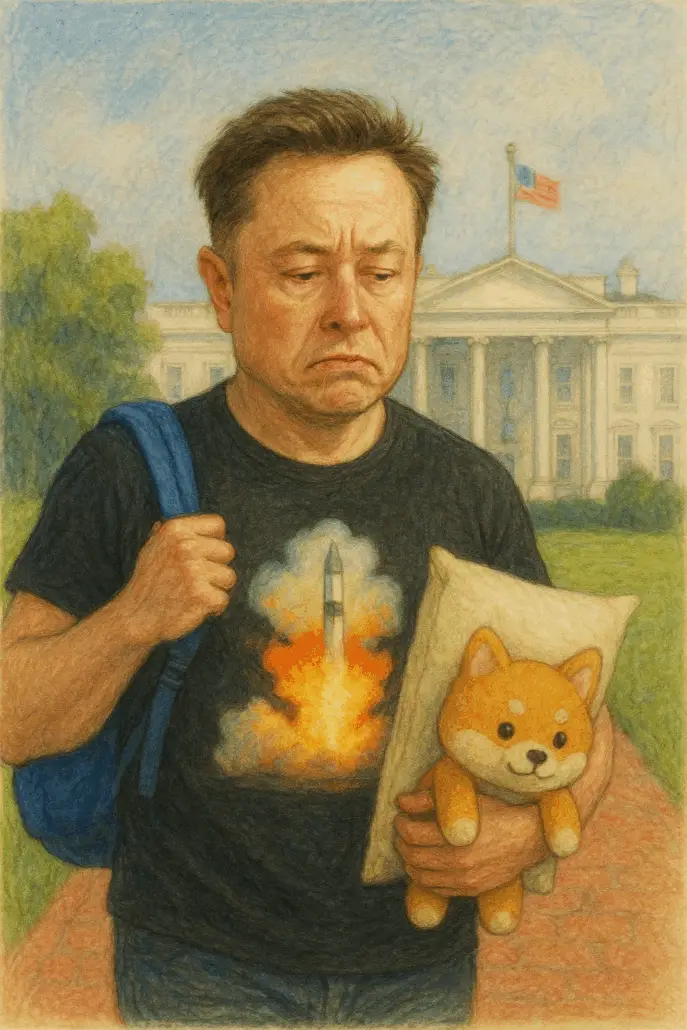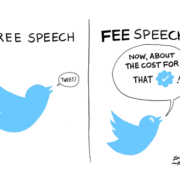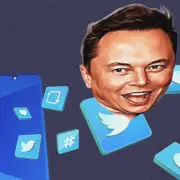I Can’t Believe Insulting, Threatening, and Refusing to Work With Government Employees Didn’t Improve The Government
As Elon Musk’s time heading the Department of Government Efficiency comes to an end, some are condemning his work, saying he mishandled a historic opportunity to make bold reforms. But Musk did everything right, and I can’t believe his approach of insulting, threatening, and refusing to work with government employees didn’t improve the government like he promised.
He started off so strong. After all, what kind of devoted civil servant wouldn’t immediately take a new, not-actually-a-department department, named after a cryptocurrency joke, named after an internet meme, seriously?
And everyone knows the first step of organizational change is to get buy-in for new initiatives by insulting every single employee and encouraging them all to resign, without regard for their position or skills or whether their resignation would debilitate the country’s air travel system for years to come. It’s surprising that this alone did not yield the goodwill needed inside the government to make lasting changes.
But Musk remained steadfast in his approach, moving on to more advanced change management strategies, like going over the head of every manager in the entire government, usurping the chain of command and requiring all employees to report directly to him instead. All he asked for was a weekly progress report that it turned out no one read, with the penalty for missing the deadline instant termination, without input from that employee’s supervisor, leadership, or agency. How did this not get both staff and management at all levels on board with his efforts?
Undaunted, he extended this considerate attitude to work inside various agencies. While employees have a wealth of knowledge about processes that need updating and where redundancies are within an organization, sharp business acumen dictates not to bother employees with questions such as what their agency does or what their job entails, before making huge changes to them.
Any business school professor will tell you the best approach is to instead send in teams of high school and college students with no experience in the organization or industry and have them “use AI” (search for words in documents) to decide which projects and employees to keep. This approach both saves employee time and allows the country’s nuclear weapon stockpile to go unmonitored for a bit – in corporate speak, a “win-win.”
Looking back, I share Musk’s surprise that he and DOGE somehow became a “bogeyman.” What makes people who operate in secrecy, appear suddenly and unexpectedly, and threaten people’s livelihoods even remotely similar to a fictional character trope that uses fear and terror to punish those less powerful than them?
How dare people criticize a man who really did all he could to offend and alienate every single government worker, using an innovative mix of incompetence and cruelty. Even the most seasoned business executive would find it challenging to take an initiative that already had widespread support – improving government efficiency, in this case – and make it incredibly unpopular and hard to achieve.
But Elon Musk deserves all the credit in the world for doing just that, and there’s absolutely no logical, obvious explanation for why his approach didn’t result in the changes he promised.













